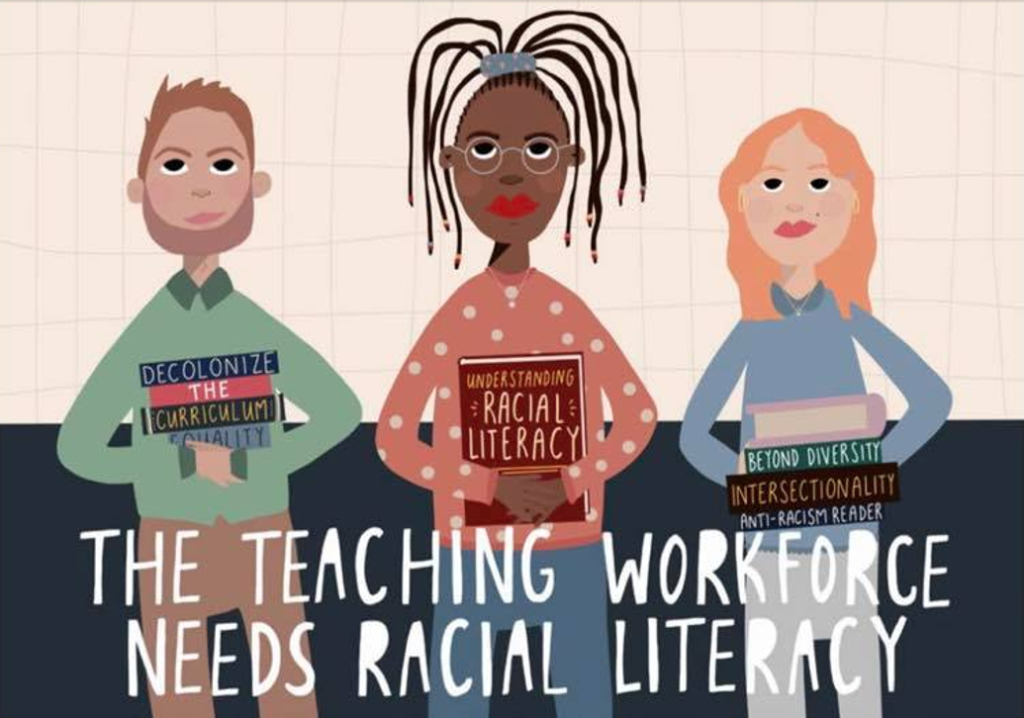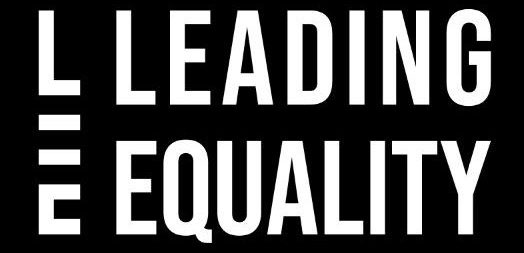Breaking Barriers: Empowering Change in Education with Racial Literacy Surveys

In response to the growing demand for structures to address racism and promote racial literacy in educational environments, various schools have sought effective tools to initiate meaningful change. One such tool gaining traction is the use of surveys to gauge staff and student perspectives on these crucial issues. Here, we present three examples of surveys, designed to facilitate the assessment and improvement of racial literacy efforts within educational settings. These surveys are available through Microsoft Forms and can be duplicated and customised to suit specific institutional needs.
1. Staff Survey – Pre Anti-Racist Approach
This survey is designed to gather insights from staff members regarding their perceptions, experiences, and understanding of racism within the educational context. By administering this survey prior to implementing anti-racist initiatives, schools can establish a baseline understanding of staff perspectives and identify areas for targeted intervention and education.
2. Student Survey – Example of the History Curriculum Audit
This survey focuses on students’ perceptions of the history curriculum, particularly its coverage of topics related to race, ethnicity, and diversity. By soliciting feedback directly from students, educators can gain valuable insights into the effectiveness and inclusivity of their history curriculum. This information can inform future curriculum development efforts aimed at promoting a more comprehensive and culturally responsive approach to teaching history.
3. History Curriculum Survey
This survey is specifically tailored to evaluate the history curriculum within educational institutions. It seeks feedback from both staff and students on various aspects of the curriculum, including its inclusivity, representation of diverse perspectives, and alignment with anti-racist principles. By conducting regular audits of the history curriculum, schools can identify areas for improvement and ensure that it reflects a commitment to promoting racial literacy and understanding.
These surveys represent just a starting point, feel free adapt and customise them to best suit your unique needs and contexts. For further inquiries or to discuss implementation strategies please get in touch
